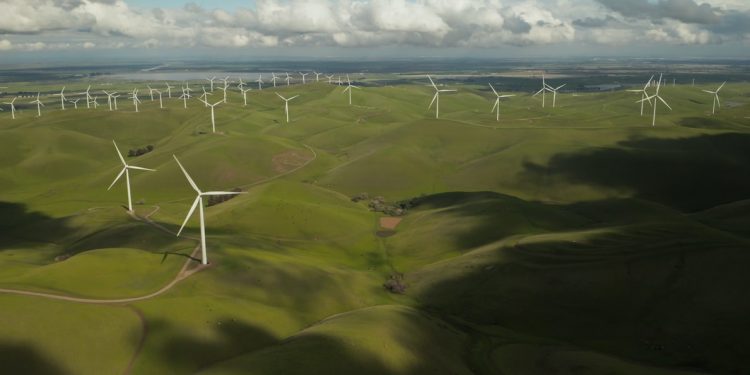Anyone who’s ever taken an economics class will know that traditional theories have evolved around businesses being focused exclusively on the “profit motive”. In other words, entrepreneurs would always seek to maximise the profits that they could generate through their companies.
However, taken to its extreme, profit maximisation can have negative consequences like resource depletion, the suppression of workers’ rights, and climate change. As collective human knowledge has evolved, we’ve come to realise that pumping raw sewage into our rivers, seas, and oceans and belching clouds of polluting smoke into the air can wreak untold havoc.
In the past, businesses and those interested in sustainability were diametrically opposed to each other. But over time, businesses have come to realise that profit maximisation in the traditional sense is short-sighted and can actually harm their commercial interests. Resource depletion, for example, will ultimately mean that they won’t be able to secure the materials they need to produce more of their products.
Therefore, more contemporary thinking is sustainability is actually good for business since it can help maximise profits into the future. Many of the practices that help them to achieve this are now becoming the normal way to operate.
Removing Plastics
Few people have had as big of an impact in spreading the message of sustainability as Sir David Attenborough. The 94-year old natural historian is famous for making stunning nature documentaries, with one of his most recent pieces, Blue Planet II, having quite the effect.
According to Global Citizen, 88% of people who saw the final episode of this series have changed their lifestyle. 50% of these had made “drastic” changes to their behaviour, cutting down on single-use plastics like carrier bags, coffee cups, and straws.
But it wasn’t just consumers that changed their behaviour. Companies also took note, with high-profile changes like McDonald’s removing plastic straws from its restaurants in several countries. Others, such as PokerStars have removed disposable plastics from their offices by providing reusable drinks bottles, encouraging employees to bring their own food containers, and using more sustainable alternatives.
Despite all these efforts, using single-use plastics can’t be avoided. So businesses have sought to prevent them from ending up in landfill and oceans by recycling the material into other products. That’s why you can now buy furniture, shoes, and other clothing products made from recycled plastic bottles.
Reducing Emissions
Plastics are just one of the problems that sustainable businesses are looking to tackle. Greenhouse gas emissions are another big problem and are the biggest contributors to climate change.
Whenever fossil fuels are burned, gases like carbon dioxide are released into the air, creating a “cap” around the earth that prevents heat from leaving the atmosphere, sort of like how a greenhouse works to keep your plants warm.
One of the biggest causes of pollution comes from the aviation industry, reportedly producing 2% of all human-attributable CO2 emissions. Since 1990, the industry has reduced the amount of fuel burned per passenger-kilometre by 50% by replacing older planes with more fuel-efficient models.
Companies like easyJet also offset their emissions through programmes that plant trees, prevent deforestation and develop renewable energies. Elsewhere in the transport industry, companies like Tesla are pioneering the move towards all-electric cars by making them more appealing to the public, creating the necessary charging infrastructure, and investing in new battery technologies. Investors have rewarded this innovation by investing heavily in its shares and increasing its value by more than five times in 2020 alone.

Creating a Circular Economy
Resource depletion and waste go beyond just the issues of single-use plastics. Many consumer products get scrapped and replaced before they need to be. In the clothing industry alone, $500 billion of value is lost each year because of clothing being thrown away despite being barely worn.
Some established and start-up companies are tackling this by making it easier for consumers to sell pre-owned products to others in their communities. The most famous of these is eBay, though other companies like Depop, Shpock, and Facebook have also made selling unwanted items much easier.
Ikea also recently launched its “Buy back service” as it tries to meet its ambitious target of making all its products from “recycled or regenerative materials” by 2030.
These companies are helping to prove that profit and sustainability don’t have to be opposites. Instead, businesses can actually be much more successful by embracing sustainable practices that align with the needs of the planet and the values of consumers.




